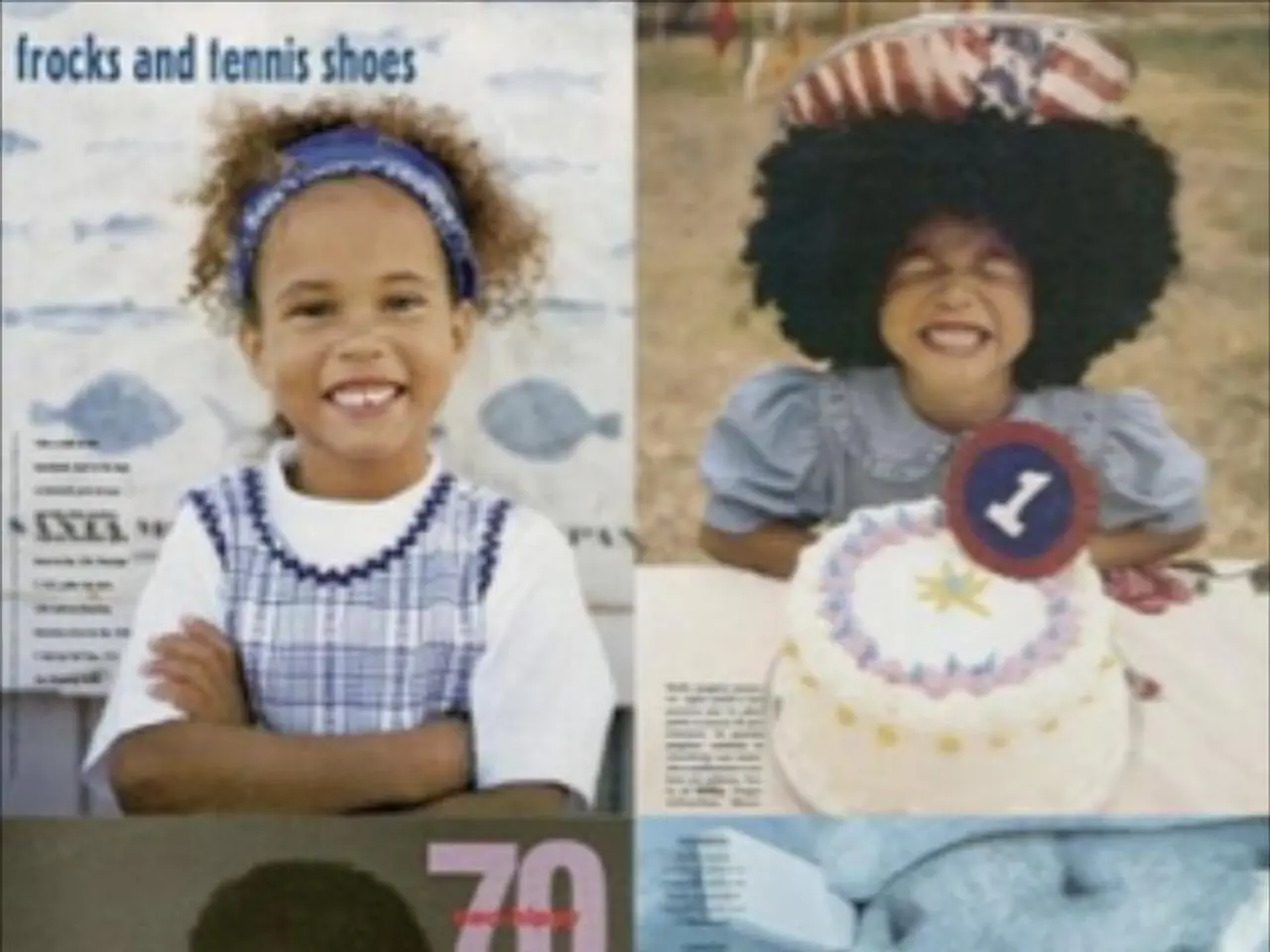Influencers of Social Behavior: Meaning and Illustrations
In the intricate web of human life, socialization plays a pivotal role. It is the process by which beliefs, values, customs, and knowledge are transmitted from one generation to another within a group of people. Culture, on the other hand, is the unique set of these very elements that define a particular group.
The family is often the first and most influential agent of socialization. Children learn about their culture and values through their family's customs and traditions, a process known as enculturation. As they grow, they also learn about their social class and how to behave within it, a process known as class socialization.
Schools and the media are other significant agents of socialization. They shape values and norms, helping individuals discern their social class and develop attitudes towards others from different social groups. Schools, in particular, have played a key role in socialization, especially after the introduction of compulsory schooling in the 19th century. This move aimed to democratize education and social participation, particularly in Germany.
The government is another important agent of socialization. It enacts laws that uphold social norms and values, provides institutions and services that support citizens, and funds institutions that encourage socialization, such as public schools and after-school programmes. The military, for instance, influences people's socialization experiences by teaching them to work together in a hierarchy, follow orders, and use violence to achieve objectives.
Religion also serves as a powerful agent of socialization. Religious institutions reinforce gender norms and teach participants about their religion's material culture, such as the mezuzah, prayer rugs, or communion wafers. Religions can also serve as formal and informal institutions for socialization, shaping people's socialization experiences and encouraging behaviors that favor once-vulnerable groups.
Ethnic socialization is the process by which people learn about their ethnic group's culture and history within ethnic groups. Both parents and peers are primary agents of ethnic socialization, but agents as large as the media and the wider community also play a role.
Historically, religious institutions have played a significant role in social change, such as the civil rights movement and the women's suffrage movement. Today, they continue to shape people's socialization experiences, encouraging behaviors that foster inclusivity and equality.
In conclusion, socialization is a complex process that occurs through various agents and in various ways. Understanding these agents and processes can help us appreciate the intricate ways in which society is shaped and transformed over time.
Read also:
- Unfair Expenditure Distribution, Secret Tourists, Looming Rabies Threats: Latest News Roundup
- Hydrogen: Eco-friendly Alternative or Energy Imperialism Debate?
- Hydrogen: Environmentally Friendly Alternative or Energy Imperialism?
- Strategies for expanding your creative enterprise, directly from industry experts




